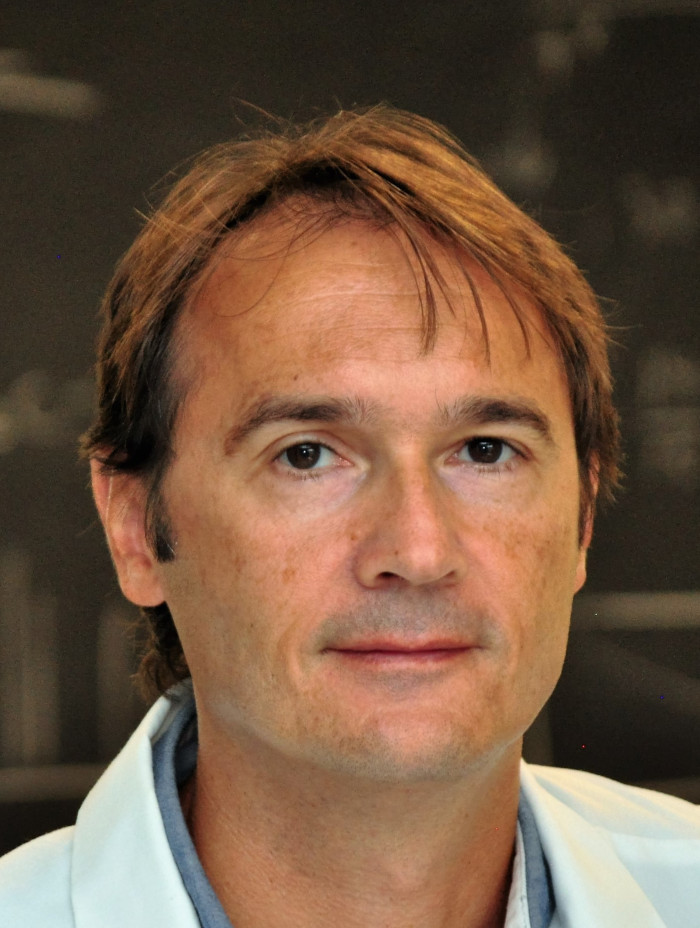für Innere Medizin II
direktion.med2@mri.tum.de

Education
1995
M.D. Degree, Department of Physiological Chemistry, Ludwig-Maximilians University Munich
1992
State Exam in Medicine, Ludwig-Maximilians University Munich
Research & professional experience
since 2023
Full Professor, Westlake Laboratory of Life Sciences and Biomedicine, Westlake University, Hangzhou, China
since 2021
Group Leader, Klinik und Poliklinik für Innere Medizin II, Klinikum rechts der Isar, Technical University Munich, Germany
2020 – 2022
Chair Professor (visiting), School of Pharmaceutical Sciences, Xiamen University, China
since 2019
Resident & Medical Head, Biomarker Program, Medical Genetics Center Munich (MGZ), Munich, Germany
2015 – 2019
Distinguished Professor (1000 Talent Plan, part-time), School of Pharmaceutical Sciences, Xiamen University, China
2007 – 2019
Professor, Burnham Institute, La Jolla, USA, Tumor Initiation & Maintenance Program
1998 – 2007
Assistant/Associate Professor, Harvard School of Public Health
1996 – 1998
Postdoctoral Associate, Stanford University School of Medicine and Harvard Medical School
1992 – 1994
Resident-in-training, Clinic of Dermatology, Ludwig Maximilians University & collaborative research at the Institute for Clinical Molecular Biology and Tumor Genetics, Helmholtz Center Munich, Germany
1988 – 1992
Medical thesis work, Department of Physiological Chemistry. Ludwig Maximilians University, Munich, Germany
Androgen regulation of proliferation and tissue-specific gene expression in human prostate cancer cells, Thesis Adviser: Dr. Wolfram Hörz; Summa cum laude
Selected publications
> Wolf lab